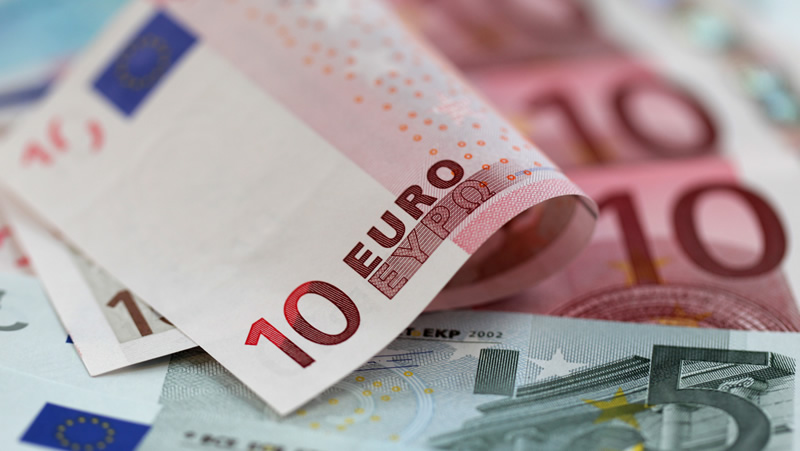The euro eased in Asian trade on Monday, hurt by worries over talks between Greece and its creditors as it prepares to submit proposals to reform its bailout.
[contentblock id=1 img=adsense.png]
In Tokyo, the single currency slipped to $1.0869 and 129.58 yen from $1.0890 and 129.74 yen in New York on Friday. The dollar inched up to 119.23 yen, from 119.14 yen.
Greek Prime Minister Alexis Tsipras said in remarks published Sunday that he hoped key talks with international creditors would yield a “happy ending” in the standoff over the country s crippling debt crisis. Athens is set to present a list of economic reform proposals this week in a bid to unblock a new 7.2 billion euro tranche of EU-IMF loans and avoid a debt default. Tsipras remarks came after Germany s Bundesbank chief Jens Weidmann said Friday he opposed giving Greece any more emergency loans, accusing it of frittering away trust. European paymaster Germany has been leading the push for austerity in Europe, with Greece complaining that the punishing budget cuts demanded were damaging its economy and threatening to force it out of the eurozone.
[contentblock id=2 img=gcb.png]
“The Greek question still has the potential to roil the euro,” ANZ Bank New Zealand currency strategist Sam Tuck wrote in a client note. “The US dollar is in a cyclical bull market. Markets have converged on June/September as the timing of the first (rate) hike and (the dollar) will continue to rally into this move.” On Friday, US Federal Reserve chair Janet Yellen said the central bank was considering raising near-zero interest rates this year even though it may slow the US recovery. This month, the Fed s policy arm opened the door to a federal funds rate hike as early as midyear, dropping the word “patient” in its post-meeting statement. But a string of weak economic data, particularly in consumer spending, housing and manufacturing, has muddied the outlook for an increase in rates that have been pegged at the zero level for more than six years. “Yellen seems pretty determined to commence lift-off in the Fed funds rate before the year is out, while offering no pointers to when exactly this might occur,” National Australia Bank said in a note Monday.













